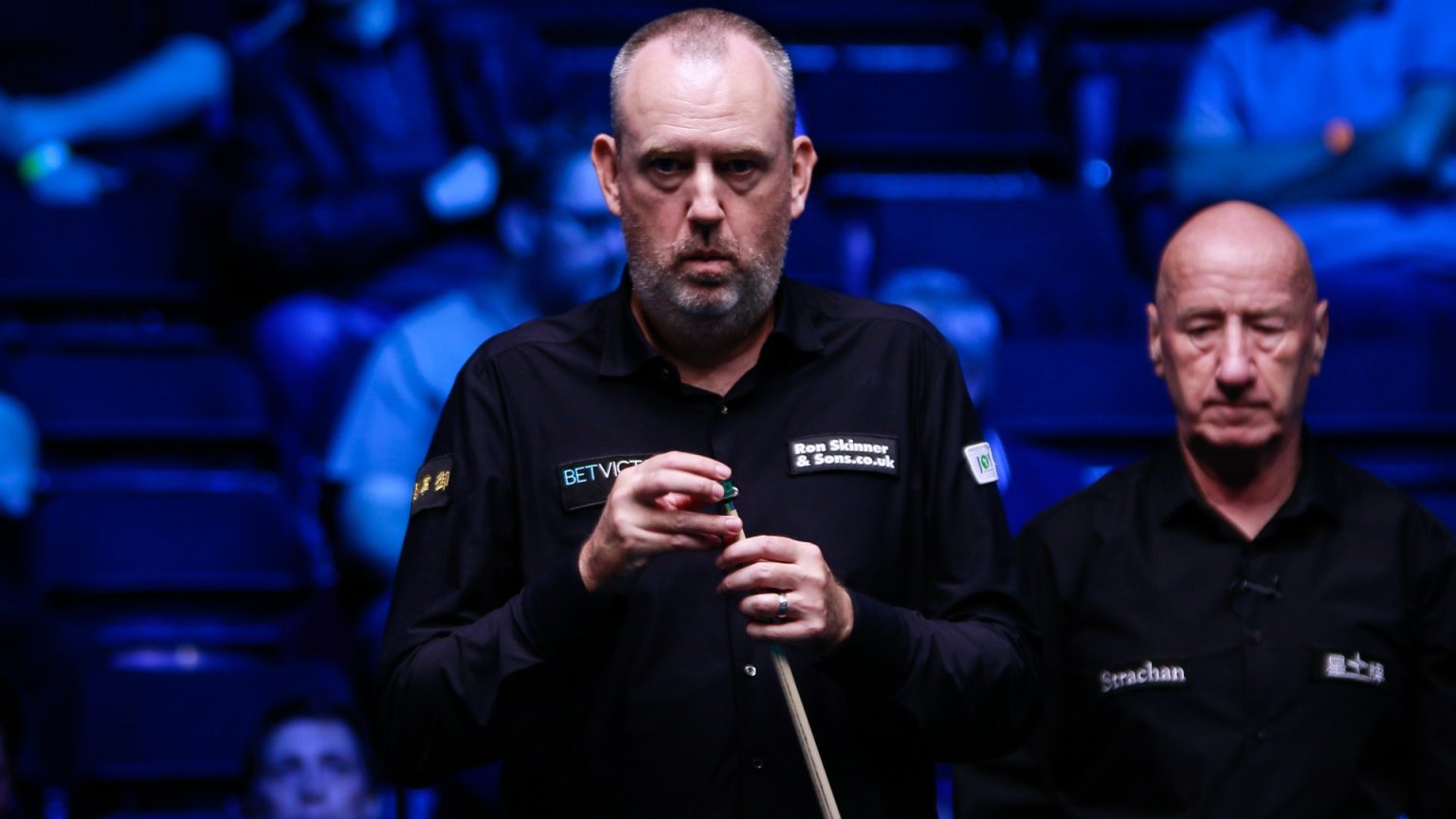Mark Williams, a snooker legend affectionately known as “The Welsh Potting Machine,” has revealed a surprisingly simple yet effective dietary change that has revitalized his game. After a nearly fifteen-year drought since his last World Championship victory, Williams, at 49, remains a formidable competitor and is determined to reclaim his place at the pinnacle of the sport. His secret? Eating a pre-match meal, a practice he previously eschewed. This seemingly minor adjustment, encouraged by his coach Lee Walker, has significantly impacted Williams’s performance, particularly during evening matches where he previously struggled with fatigue and headaches. Now, fueled by pre-game sustenance and supplemented by bananas throughout the match, Williams feels significantly more energized and mentally sharp, attributing several victories to this newfound energy boost.
Williams’s new eating regimen arose from concerns voiced by his coach, Lee Walker, who noticed his player’s flagging energy levels during evening matches. Williams, who previously avoided eating before matches, often feeling no desire for food, finally acquiesced to Walker’s persistent urging. He recounted an instance of playing at the UK Championship, where, upon finishing his match, he indulged in a Chinese takeaway at Walker’s insistence. This marked a turning point, and Williams began incorporating pre-match meals into his routine, finding that it significantly improved his stamina and focus, especially in later stages of matches. He now prioritizes fueling his body, even consuming a banana every frame and a half to maintain consistent energy levels.
The benefits of this simple dietary change have been profound. Williams reports feeling considerably less tired after matches, eliminating the headaches that once plagued him. He credits his improved stamina and mental clarity to this dietary adjustment, claiming it has been instrumental in securing wins in closely contested matches where he might have otherwise faltered. The ability to maintain focus and energy during crucial moments has undoubtedly been a contributing factor to his recent resurgence and renewed drive to compete at the highest level. The change highlights the often overlooked importance of proper nutrition in maintaining peak performance, even in a sport that doesn’t demand intense physical exertion like snooker.
Williams’s renewed vigor comes at a time when he aims to add to his impressive list of achievements, which includes three World Championship titles. His last world title came in 2018, a victory that underscored his enduring talent and resilience in a sport dominated by younger players. This latest dietary change, while seemingly minor, speaks to Williams’s dedication to continuous improvement and his willingness to adapt his approach to stay competitive. He understands that even the smallest adjustments can make a substantial difference in a sport where mental acuity and stamina are as crucial as technical skill.
In the broader context of snooker history, Williams’s career spans an era that has seen several dominant figures. From the legendary Steve Davis with six world titles, to Stephen Hendry and Ronnie O’Sullivan who share the record with seven titles each, Williams has carved his own unique path to success. His three world championships place him amongst the elite players in the sport’s modern era. He has competed against and ultimately triumphed over some of snooker’s greatest names, further solidifying his legacy as one of the game’s most respected players.
Despite his revitalized form thanks to his dietary change, Williams recently suffered a surprising 5-2 defeat against Sunny Akani in the World Open 2025 qualifiers. This setback, however, is unlikely to deter the Welshman. His renewed focus on physical and mental well-being suggests a determination to continue competing at the highest level. While the path back to a world title is challenging, Williams’s dedication to his craft and his willingness to embrace change indicate that he is not ready to relinquish his place among the snooker elite. His story serves as a reminder that even the smallest adjustments can make a significant difference, and that age is not necessarily a barrier to success in a sport that values experience and strategic thinking.











